






As we step into 2025, I want to take a moment to reflect on our safety journey and set our focus for the year ahead. At Vital Rail, safety is at the heart of everything we do, and this year, we are doubling down on our commitment to ensuring that every member of our team goes home safe, every single day.
In 2024, we made great strides in raising safety awareness, addressing high-risk hazards, and strengthening our reporting culture However, there is always more to do, and in 2025, we are taking our safety engagement to the next level with Lead Safe a key initiative designed to enhance safety accountability, improve site engagement, and drive real change.
Our
This year, in alignment with our Home Safe Everyday value, we will focus our efforts on:
Empowering Our People – Encouraging every team member, from site workers to senior leaders, to take ownership of safety.
Proactive Safety Conversations – Moving beyond compliance and engaging in meaningful discussions about hazards, risks, and improvements
Stronger Safety Observations – Using the Lead Safe initiative to document and address safety concerns, share best practices, and drive real improvements.
Recognising Your Positive Behaviours –Celebrating safety champions who go the extra mile to protect their teams.
1.Speak Up, Lead Safe – If you see something unsafe, report it. If you see something great, highlight it.
2.Engage in Safety Conversations – Take time to discuss safety challenges with your team and share solutions
3.Use the Lead Safe reports – Help us gather real-time insights to make informed safety decisions.
Our safety culture is built on the choices we make every day.
This year, let’s lead by example, take ownership, and work together to make 2025 our safest year yet.
Stay safe, stay vigilant, and let’s make a difference.
Adam Jones, Head of Safety

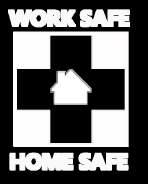
Fatigue is one of the biggest causes of accidents in the industry. It is described as a state of extreme tiredness resulting from physical or mental exhaustion; it can lead to reduced alertness, impaired decision-making and poor judgement of distance and speed.
What causes fatigue?
The main causes of fatigue are:
A loss of sleep – acute, for example, having fours instead of the usual eight hours; or cumulative –having four hours instead of the usual eight over several days
Poor quality of sleep with lots of interruptions
Long working hours, particularly if these are as long as 14 to 16 hours
Poorly designed shift work
Inadequate breaks during the working day
Recognising the signs
Fatigue can cause a vast number of physical, mental and emotional symptoms including:
Chronic tiredness or sleepiness
Headaches
Dizziness
Sore or aching muscles
Slowed reflexes and responses
Impaired decision-making and judgment
Hallucination
Moodiness, such as irritability
Impaired hand-to-eye coordination
Appetite loss
Reduced immune system function
Blurry vision
Short term memory problems
Poor concentration
Low motivation
Winter blues
Winter blues, or seasonal affective disorder (SAD) affects around two million people in the UK
Symptoms include depression, overeating, sleep problems and irritability
These tips might help you to manage your SAD
Keep active - even just a quick walk in the day can help
Get outside - get out in natural daylight and sit near windows
Keep warm - staying warm can reduce the winter blues by half
Eat healthily - boost your mood with food A healthy balanced diet will give you energy
See friends and family
Start a new hobby - give yourself something to look forward to and focus on
Fatigue is rarely reported with the main reason being fear of negative consequences If you are concerned that you or a colleague is suffering with symptoms of fatigue, raise this with your line manager or supervisor
For more information and tips on how to manage fatigue click below www nhs uk/live-well/sleep-and-tiredness/selfhelptips-to-fight-fatigue/

At Vital, safety is a shared responsibility, and we are committed to empowering our workforce to take an active role in shaping a safer future. We’re launching two key initiatives that offer you the opportunity to contribute, learn, and grow while making a real difference
We are forming Safety Action Groups to identify and address safety challenges at a local level, ensuring that real improvements are made where they matter most
These groups will be launched within our branches and depot teams to tackle site-specific concerns
Over the coming weeks, we’ll be discussing this initiative with each branch to tailor it to their needs
The focus will be on collaboration, problem-solving, and continuous improvement in safety practices
This is your chance to have a voice in safety decisions and contribute to meaningful change in your workplace
We are looking for individuals who are passionate about promoting safe behaviours and reinforcing our Safety-First culture to join the VHRL Safety Champions Program
Be a Role Model – Promote and encourage safe behaviours across the workforce
Support Your Team – Provide a voice for colleagues by raising concerns and sharing feedback. Contribute to Safety Initiatives – Engage in close call reporting, site inspections, and other key safety programs.

As a Safety Champion, you’ll gain first-hand experience in workplace safety, leadership, and risk management. You’ll gain access to:
Training & Development:
✅ Mental Health First Aid
✅ Accident & Incident Response
✅ CDM Awareness
✅ Temporary Works Awareness
✅ Environmental & Sustainability Training
�� Coaching & Experience:
Hands-on training in site assurance assessments and behavioural safety conversations
A chance to assess and manage workplace risks with expert guidance
�� Long-Term Growth & Qualifications:
Build your professional development portfolio
Work towards industry-recognised safety qualifications such as IOSH and NEBOSH
Why Join?
Influence positive change – Help make Vital Rail a safer place to work. Enhance your skills & career – Gain industry-recognised training and experience. Be a part of something bigger – Contribute to improving safety not just for our teams, but for our clients and the wider industry
If you ’ re interested or know someone who would be a great fit, get in touch to express your interest. We’d love to discuss how you can contribute and grow within our Safety Champions Program
Together, we can make 2025 the safest year yet!
To register your interest please scan the QR code or click The link below
https://vitaluk.jotform.com/250283878335061

The start of a new year is the perfect time to set fresh fitness goals But how can you make sure your goals actually stick? The key is using the SMART method an approach that turns vague resolutions into clear, achievable objectives
SMART is an acronym that stands for:
Specific – Define exactly what you want to achieve
Measurable – Set criteria to track your progress
Attainable – Ensure the goal is realistic for you
Relevant – Align the goal with your overall fitness ambitions. Time-bound – Set a deadline to keep yourself accountable.
Rather than saying, “I want to get fit,” a SMART goal would be: “I will complete resistance training three times a week for the next eight weeks ” This gives a clear roadmap and a way to measure success
Specific
Ambiguity is the enemy of progress Instead of setting a broad goal like “exercise more, ” define a concrete plan: “I will run 5 kilometers three times per week ”
Measurable
Having a way to track progress keeps you motivated If your goal is weight loss, specify an amount: “Lose 10 pounds in 12 weeks ” Use fitness apps or journals to track workouts, steps, and progress
Attainable
Ambitious goals are great, but they should be realistic If you ’ re new to exercise, aiming to run a marathon in a month may not be feasible. Instead, set a goal like “Run for 20 minutes without stopping within six weeks ”
Relevant
Your goal should align with your personal fitness needs A bodybuilder’s goal will differ from someone training for a 5K Choose goals that support your health and fitness aspirations
Time-Bound
Set a deadline to create a sense of urgency. Instead of saying, “I want to get stronger,” try “Increase my bench press by 10 pounds in eight weeks ” Time constraints prevent procrastination and push you to stay committed
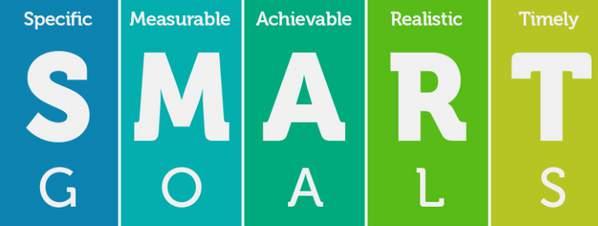
Tracking your progress ensures you stay on course and make necessary adjustments Here are some effective methods:
Journaling: Log workouts, reps, and how you feel after each session
Fitness Apps & Devices: Use smartwatches and apps to monitor your steps, heart rate, and exercise consistency
Weekly Check-Ins: Assess your progress every week and adjust if necessary
Accountability: The Key to Sticking with It
Even with a great plan, staying accountable can be challenging Try these strategies:
Daily Checklists - Create a checklist of daily fitness tasks and tick them off as you go This builds consistency and reinforces habits
Partner Accountability - Find a workout partner, friend, or family member who can keep you on track. Whether it’s a simple check-in text or meeting at the gym, accountability boosts commitment
The Bottom Line - Your fitness journey is ongoing, and setting SMART goals helps create a structured path to success Each goal achieved builds momentum for the next
As you continue your step into the new year, take time to define where you want to be in 3 weeks, 3 months, and 3 years Then, set your first SMART goal and take action!
Here’s to a healthier, stronger you in 2025!
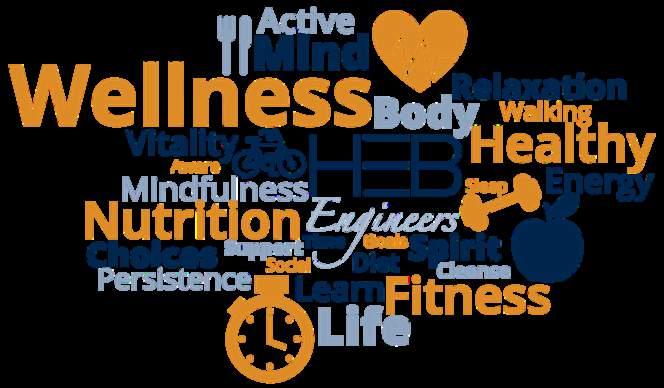
Mental health conditions such as stress, depression, anxiety, and bipolar disorder are becoming increasingly common Statistics show that 1 in 4 people in the UK will experience a mental health issue each year These conditions can affect anyone, regardless of age, gender, or background
While physical health issues are widely discussed and accepted, many people still find it difficult to talk about their mental health. This can lead to prolonged suffering in silence. However, initiatives such as ‘Time to Change’ are helping to shift perceptions and encourage open conversations
If you are experiencing a mental health challenge, talking to someone you trust whether a friend, GP, colleague, or a support service can be the first step toward improvement.
If you are concerned about someone else’s well-being, simply asking “How are you?” and offering a listening ear can make a significant difference You don’t need to be a health professional to support someone compassion and understanding go a long way
Mental health can be influenced by biological, psychological, and social factors However, with the right support and strategies, people can lead positive and fulfilling lives
Here are some ways to manage mental well-being:
Keep a journal to track moods, triggers, and coping strategies
Stay active – exercise is proven to help manage symptoms of depression and anxiety
Maintain social connections to prevent isolation and boost self-confidence
Seek professional support – talking therapies like Cognitive Behavioural Therapy (CBT) and mindfulness can be highly effective.
Consider medical treatment – for some, medication prescribed by a GP may be necessary alongside therapy

If you or someone you know is struggling, there are many organisations that offer free, confidential support:
Andy’s Man Club – A men ’ s mental health support group providing peer-to-peer conversations in a safe space.
Lighthouse Charity – Supporting the mental health and well-being of construction and rail workers Call UK: 0345 605 1956, ROI: 1800 939 122, or text HARD HAT to 85258 (UK) or 50808 (ROI).
Samaritans – 24/7 helpline offering emotional support for those in distress: Call 116 123
Mind – Mental health charity providing advice and support for those experiencing difficulties Get urgent help
CALM (Campaign Against Living Miserably) – Focused on suicide prevention, particularly in men: Call 0800 58 58 58.
Rethink Mental Illness – Offering advice, services, and support groups for those living with mental illness.
Mental health matters just as much as physical health. If you are struggling, know that help is available, and you are not alone Take the first step talk to someone, reach out to a support group, or seek professional advice. Small steps can lead to big changes in your well-being
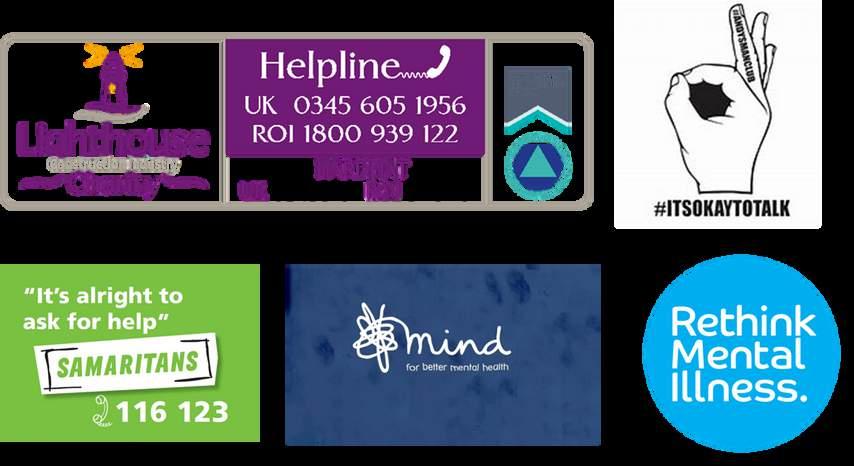
Winter conditions can certainly make roads more hazardous, with factors like icy or snowcovered surfaces, fog, and reduced visibility due to shorter days. These conditions can cause drivers to lose control more easily, increasing the likelihood of accidents. However, taking proactive steps can help minimise these risks.
Here are a few specific ways to stay safe during winter driving:
Vehicle Maintenance:
Ensure your tires are in good condition and suited for winter conditions (snow tires, if necessary)
Check fluid levels, especially antifreeze and windshield washer fluid, to avoid freezing
Make sure your brakes and lights are functioning well, as stopping distances can be longer in slippery conditions
Planning and Preparation:
Check the weather forecast and road conditions before heading out If the weather looks severe, it may be better to delay or cancel your trip.
Plan your route carefully, considering areas that might be prone to ice, snow, or other hazardous conditions
Keep an emergency kit in your vehicle, including items like blankets, a flashlight, first aid supplies, food, water, and sand or salt for traction if you get stuck
Mindful Driving:
Slow down and increase your following distance On icy or wet roads, give yourself extra time to stop
Use your headlights even during the day to improve visibility
Avoid sudden manoeuvres like hard braking or sharp turns, which can cause loss of control.
Keep both hands on the wheel and stay alert, especially when driving through less familiar areas or during the night
By staying prepared, driving cautiously, and ensuring your vehicle is winter-ready, you can greatly reduce the likelihood of being involved in an accident during these more challenging months.

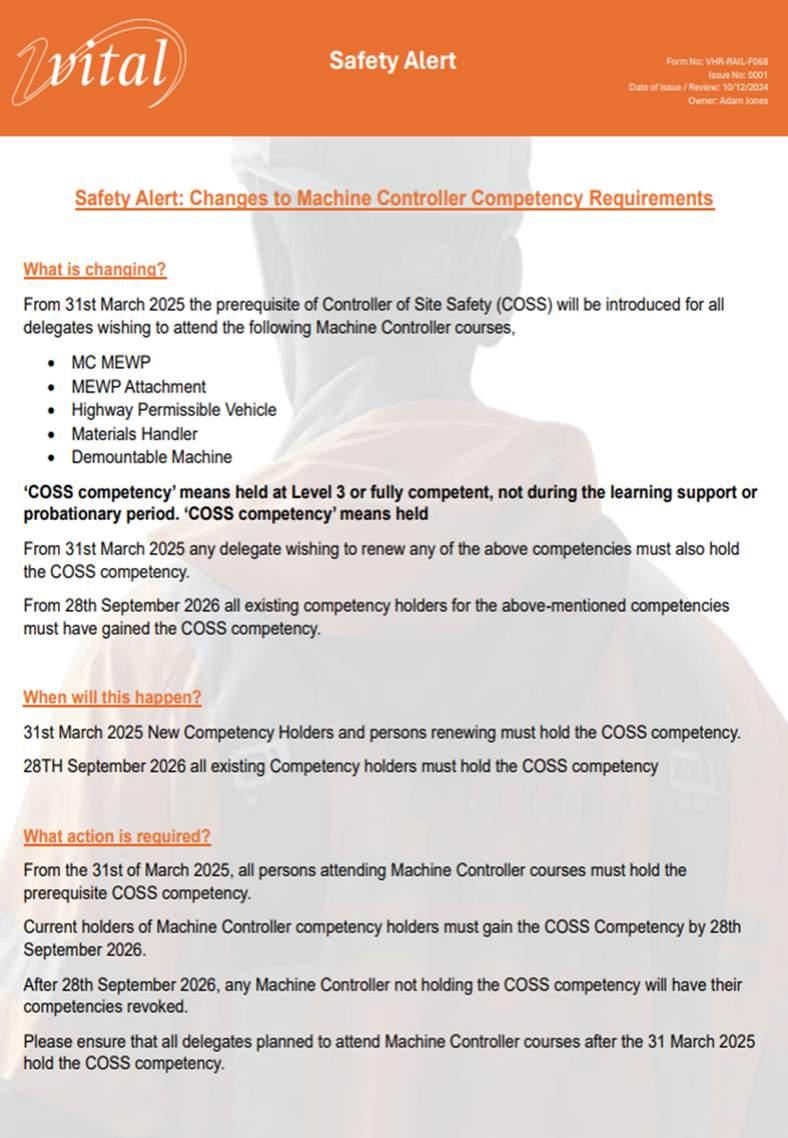
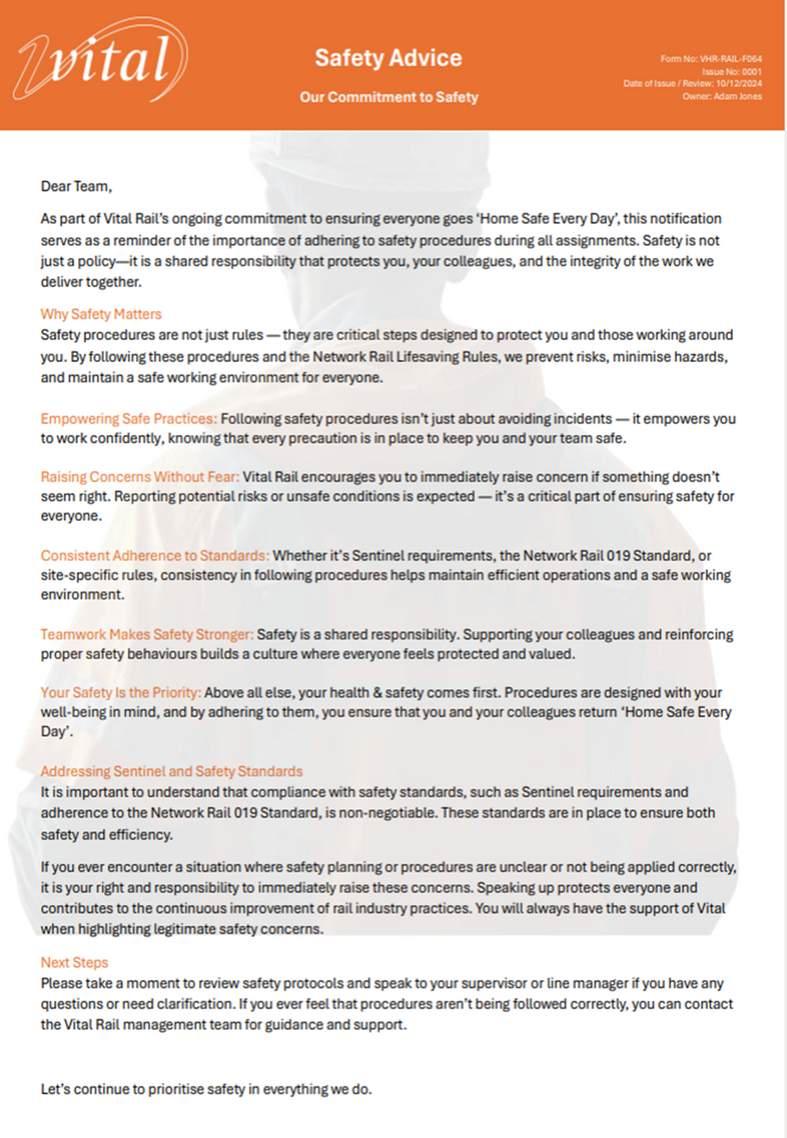
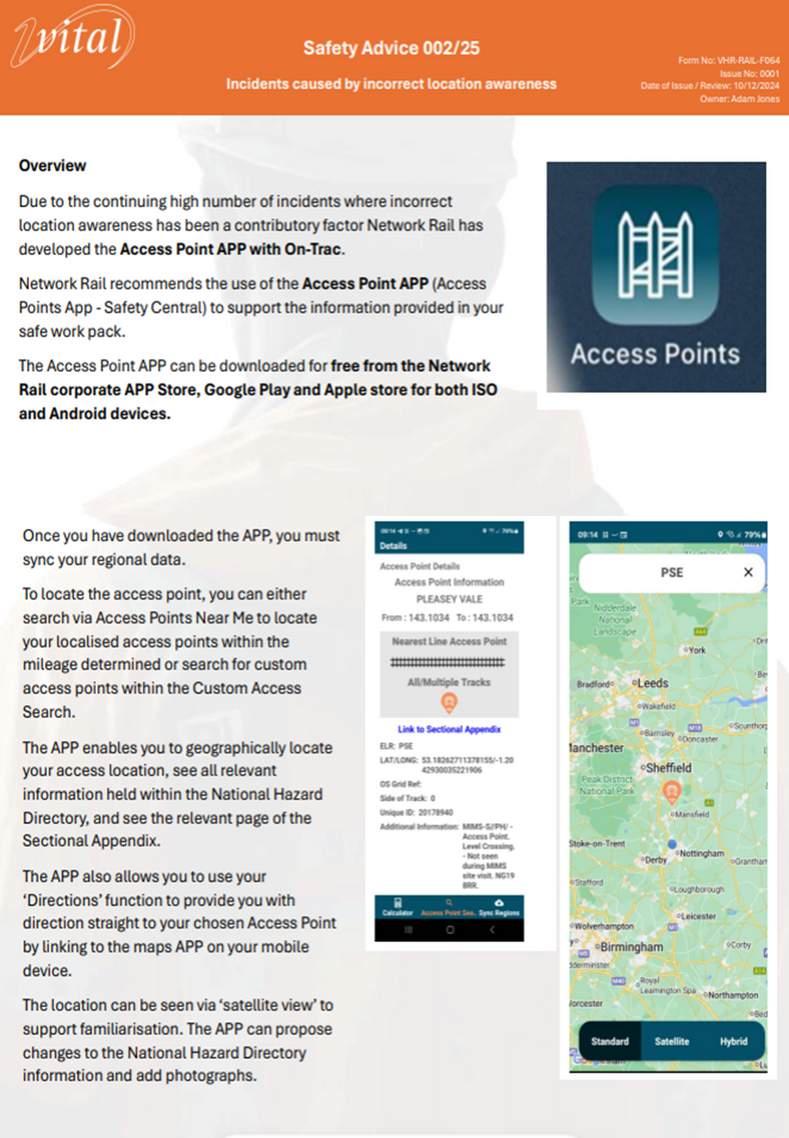
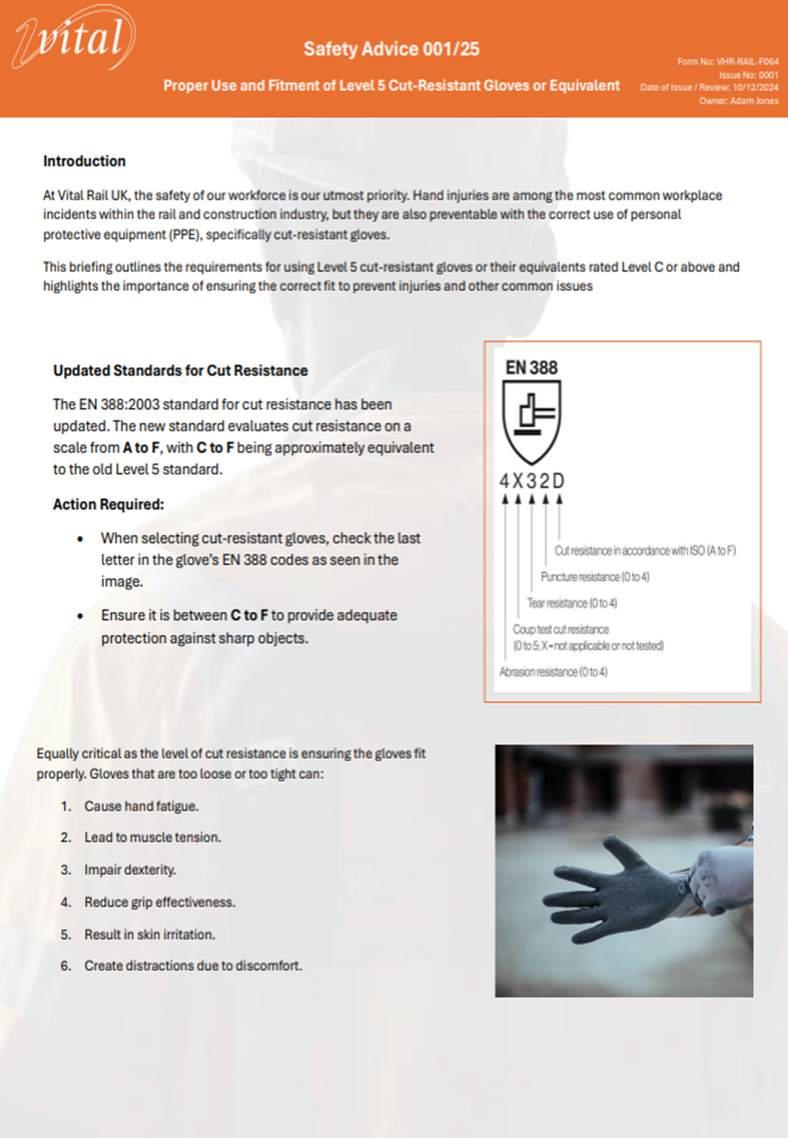
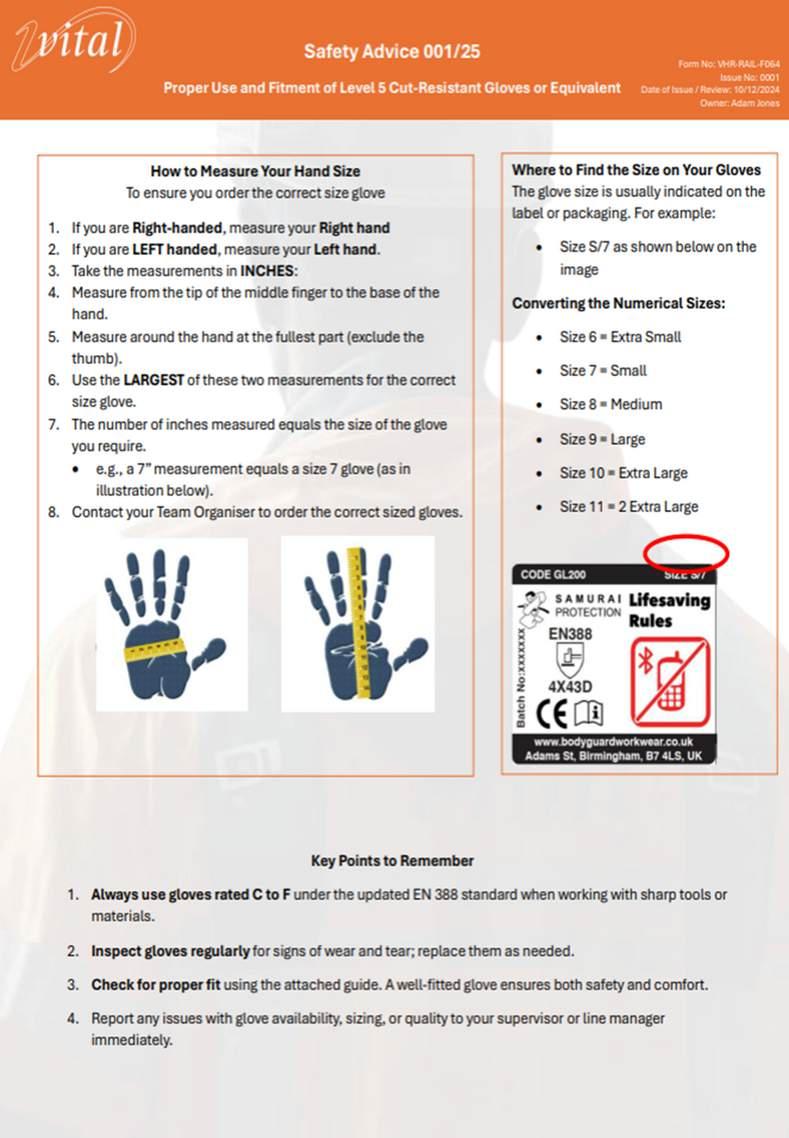
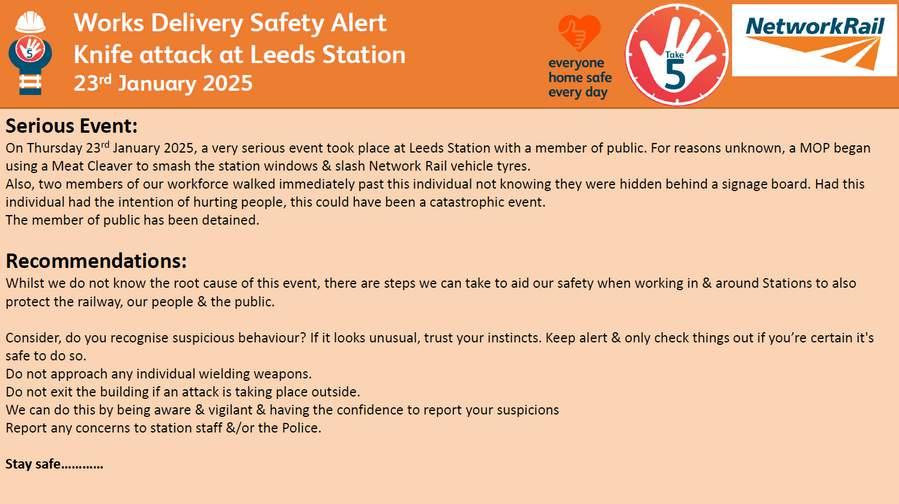
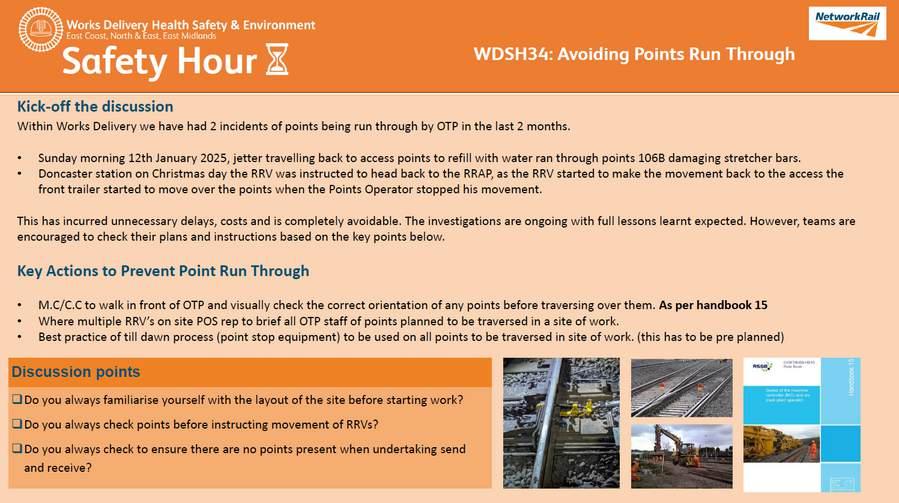
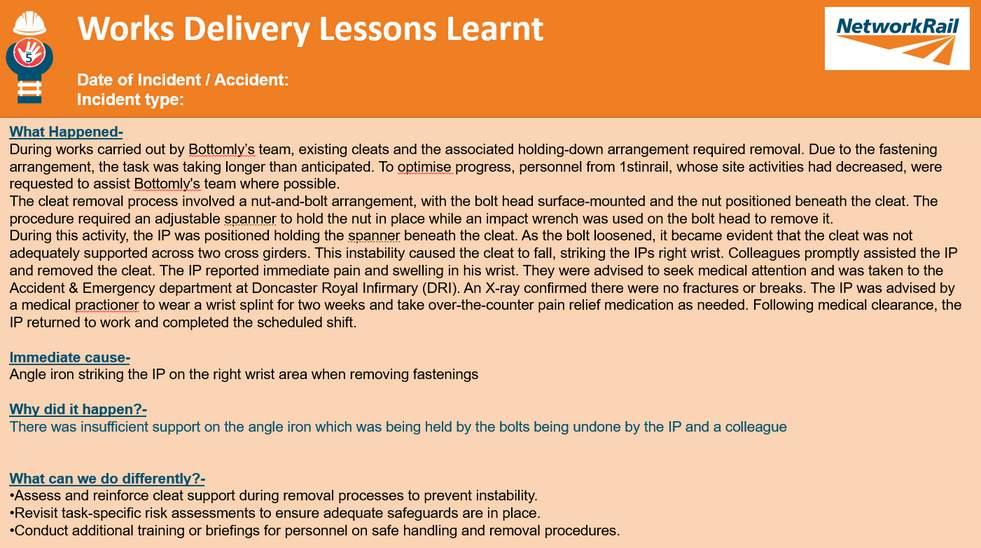
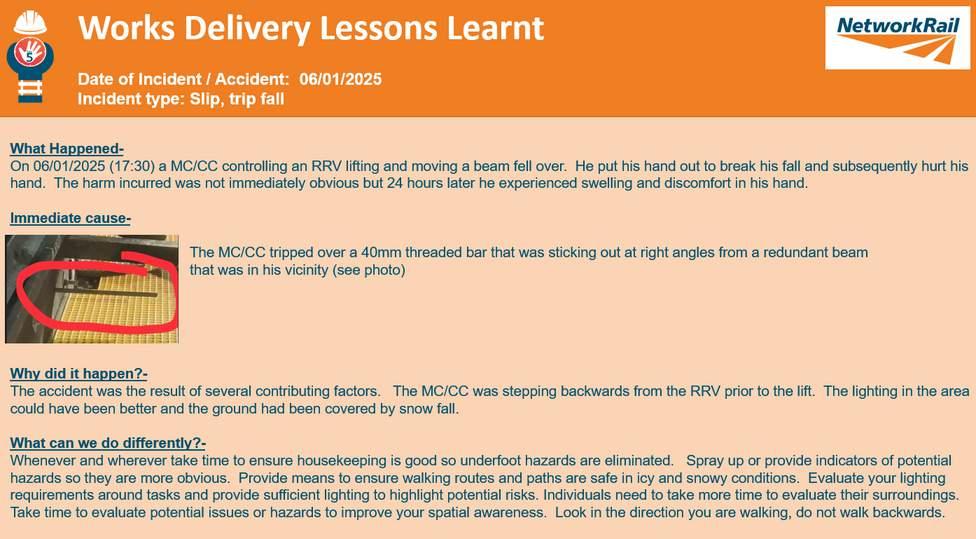
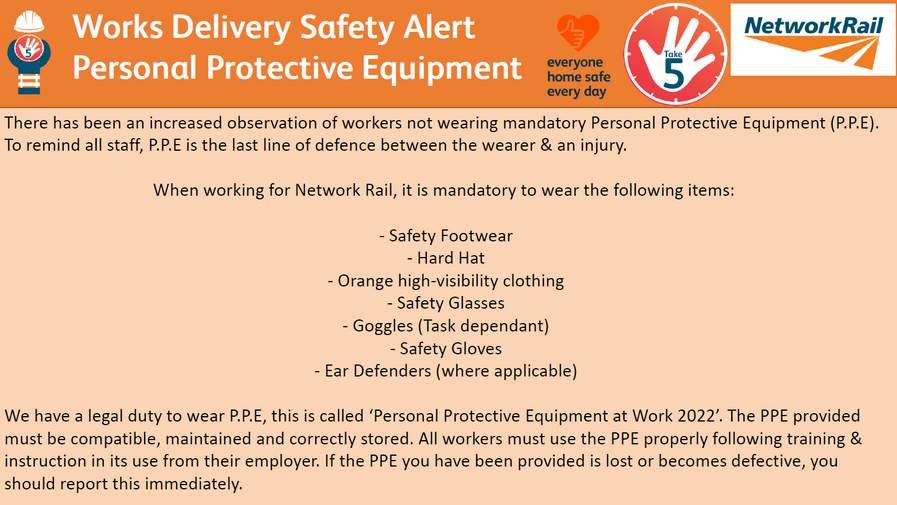
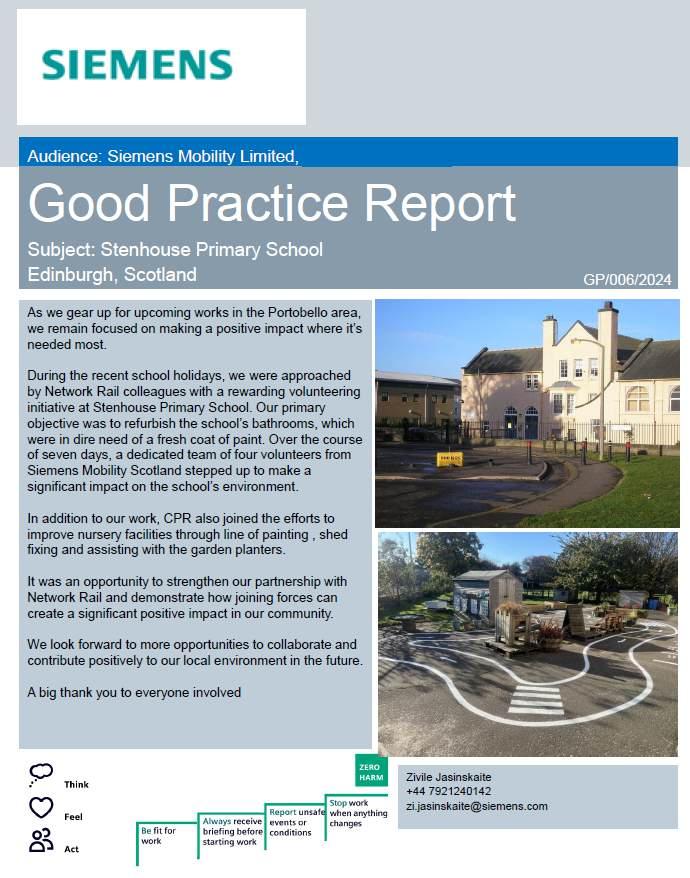

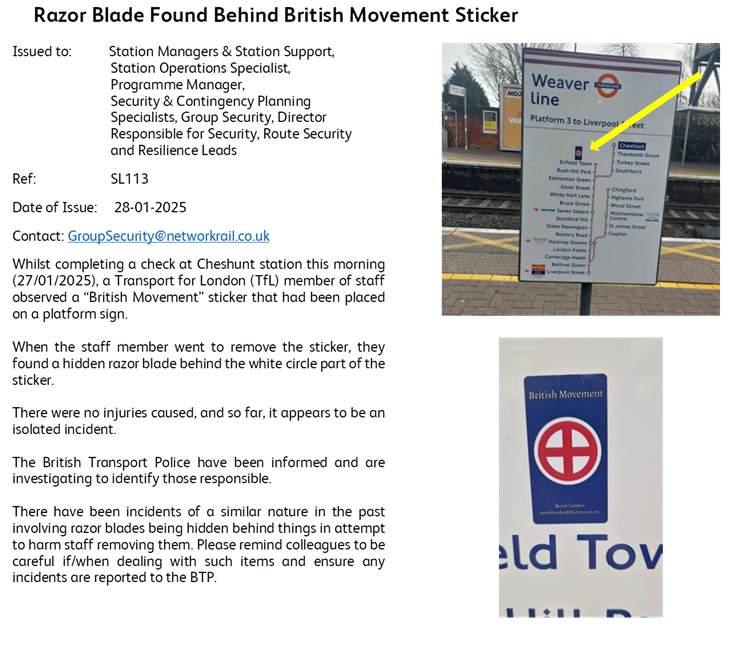

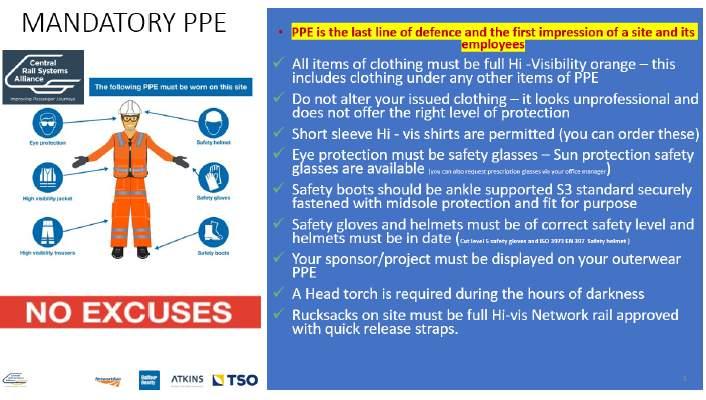
Manchester (Head Office)
T: 0161 836 7000
E: HeadOffice@vital uk com
The Mill, South Hall Street, off Ordsall Lane, Salford, Manchester, M5 4TP
Bellshill
T: 01698 840 950
E: BellshillRail@vital uk com
10 James Street, Righead Industrial Estate, Bellshill, Lanarkshire
ML4 3LU
Derby
T: 01332 982 470
E: Derby@vital uk com
Ground Floor, Room 30
Derwent House, RTC Business Park, Derby, DE24 8UP
Farnham
T: 01252 964 020
E: Farnham@vital uk com
Unit 10, Guildford Road Trading Estate, Farnham, Surrey, GU9 9PZ
Abercynon
T: 01443 809 950
E: Abercynon@vital uk com
G16/17 Ty Cynon, Navigation Park, Abercynon, CF45 4SN
Birmingham T: 0121 809 3010
E: birminghamrail@vital uk com
Olton Wharf
7-9 Richard Road Solihull West Midlands B92 7RN
Doncaster
T: 01302 244450
E: Doncasterrail@vital uk com
First Floor Offices, Carr House, Heavens Walk, Doncaster, DN4 5HZ
London T: 0203 963 5080
E: CanningTown@vital uk com
Unit 10, Canning Town Business Park, Stephenson Street, London, E16 4SA
Ashford
T: 01233 344 6443
E: Ashford@vital uk com
Eurogate Business Park
Ashford TN24 8XW
Crewe
T: 01270 906 130
E: Crewe@vital uk com
6 Solway Court
Crewe Business Park Crewe, Cheshire, CW1 6LD
Doncaster DNR
T: 01302 496 550
E: ThorpeHouse@vital uk com
Thorpe House, Sidings Court Lakeside, Doncaster DN4 5HZ
